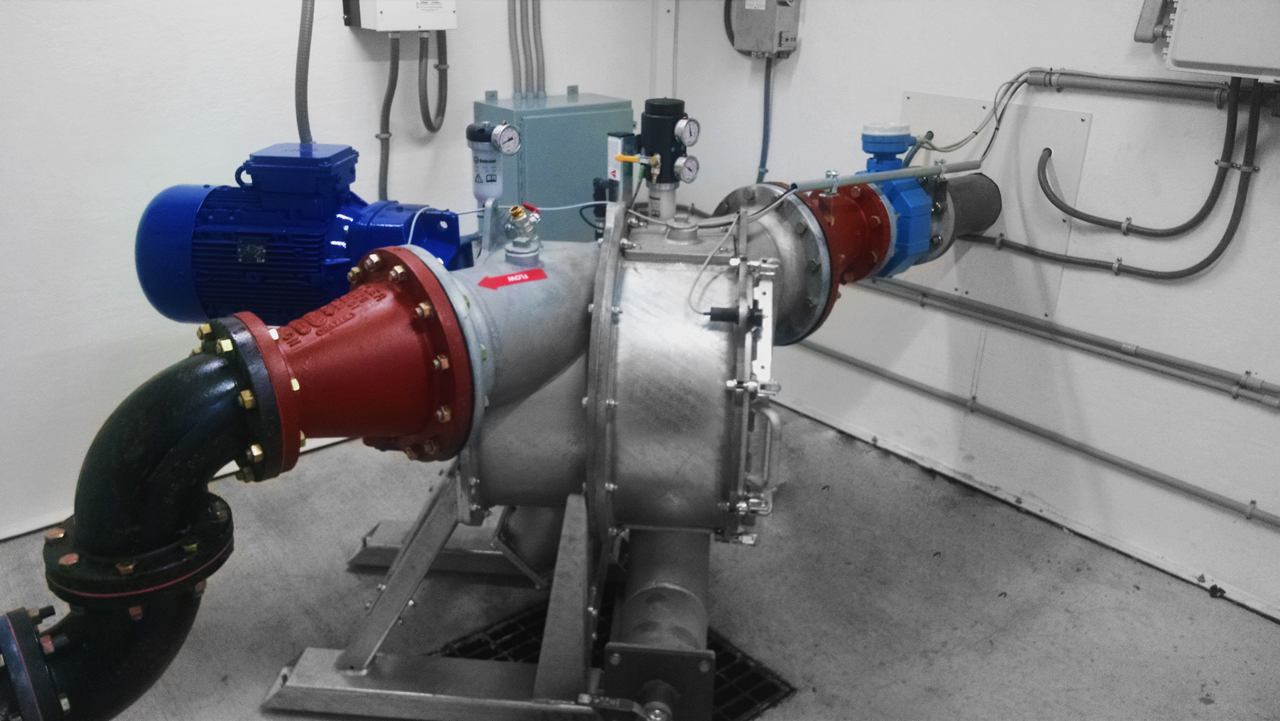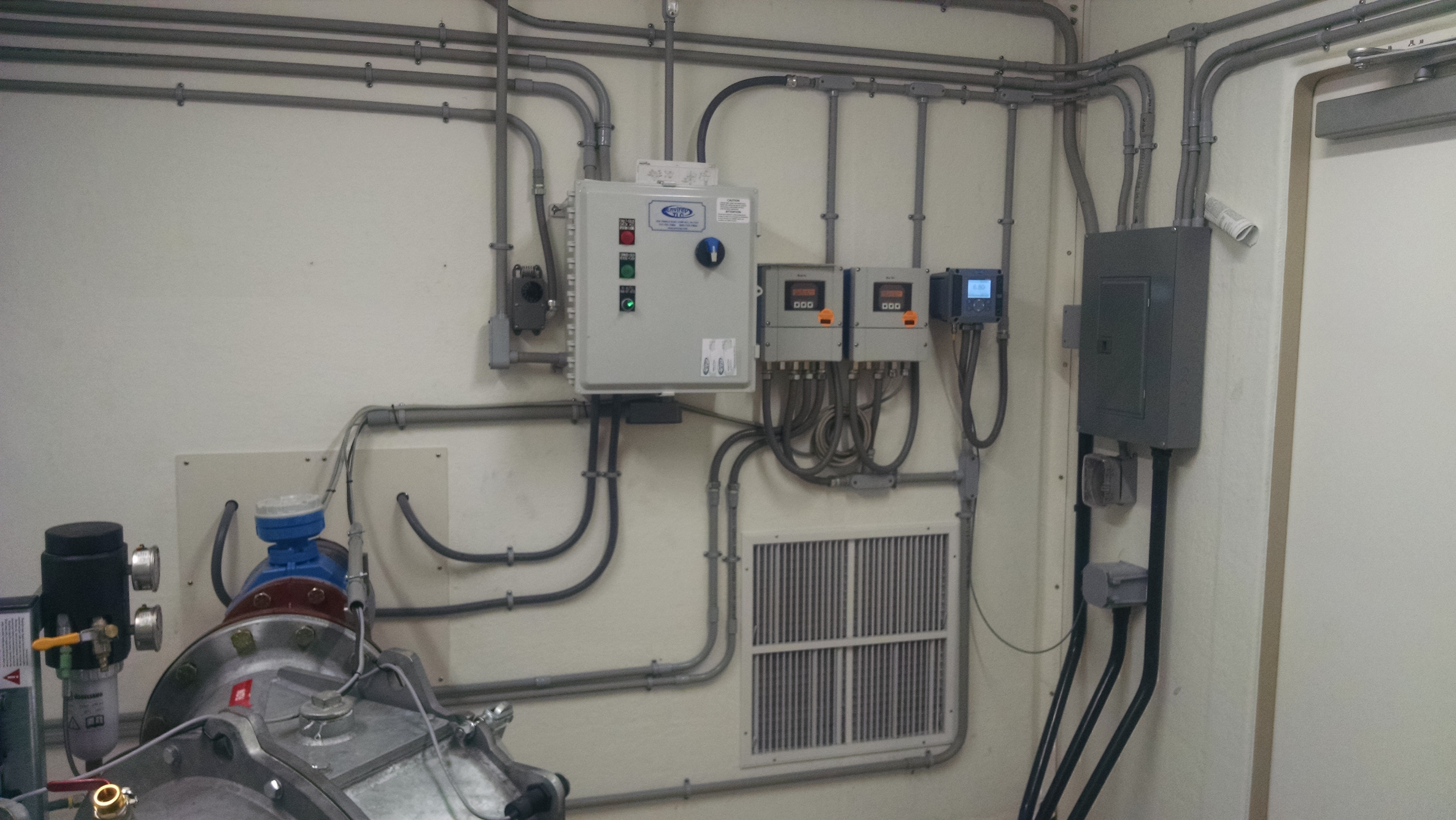Fats, Oils & Grease (FOG) Waste
Acceptance of Fats, Oils, and Grease (FOG)
Fats, Oils, and Grease (FOG) Discharge Procedures
Appointment Only
The amount of FOG that can be discharged is dependent upon continually changing treatment processes; therefore, acceptance of FOG loads are by appointment only (discharge may occur at any time during the scheduled day). Prior approval must be obtained from a GHJSA authorized representative for all FOG type waste streams.
Flow of Traffic
Trucks coming into the facility to discharge FOG will proceed straight down the access road, through the gates, and continue straight. The road will bend to the right and you will pass the front of the Main Control Building (building with the flag pole). The receiving station for FOG is a small tan fiberglass hut on the left just past the Main Control Building.
Hoses and Connections
The GHJSA will provide a 4-inch connection to the valve at the FOG Receiving Station.
Haulers are required to supply their own discharge hose. Hoses will not be provided by the Sewer Authority.
Manifests and Sign-in Sheet
The GHJSA requires a manifest to be completed for each FOG load prior to discharge. Upon arrival, locate a Plant Operator or other Authority personnel to complete a manifest and have the load signed-in by an Authority Representative in the Main Control Building. You will then be given authorization to discharge.
Sampling
The GHJSA performs sampling of FOG loads. Drivers are required to provide a sample. Failure to produce a sample when requested may result in suspension or loss of hauling privileges.
Unloading
After the hose is connected, push the open button on the automatic valve and wait for the red light to turn green. Once the light is green, open the truck valve to discharge the load. Pressure may be added to thick loads or at the end of the load to remove remaining grease from the truck. When the truck is empty, push the “close button” and wait until the light turns red to disconnect hose from the coupler.
To schedule discharge of a FOG load:
Call an Authorized Representative in the order listed.
- DO NOT ARRIVE AT THE TREATMENT PLANT UNANNOUNCED EXPECTING TO DISCHARGE A FOG LOAD.
THERE IS A HIGH PROBABILITY YOU WILL BE TURNED AWAY.
Gene Zynel
Shane Boyer
Assistant Plant Operations Manager
Laura Motel
Christopher Carsia
Gregory Olander
John Ratchko
Other Information Relative to FOG
- All FOG type waste streams will be charged a flat rate of $0.12 cents per gallon. Management may periodically re-evaluate its pricing structure, which is subject to change.
- All Pump Station/Lift Station waste is now considered to contain FOG and those waste streams shall be charged a flat rate of $.08 cents per gallon if off-loaded at the existing hauled waste receiving station or $0.12 cents if off-loaded at the FOG receiving station. An authorized Authority representative will make that determination on a case by case basis after the appointments have been scheduled.
- Management reserves the right to reject any FOG waste stream that that causes problems while off-loading or interference with the FOG treatment system process.
- Co-mingling sewage sludge with FOG will only be accepted if the sludge waste is a de minimis amount and prior approval is granted. This will be determined by an authorized Authority Representative on a case by case basis; however, the higher FOG price will apply for the total amount of gallons off-loaded at the FOG Station.


